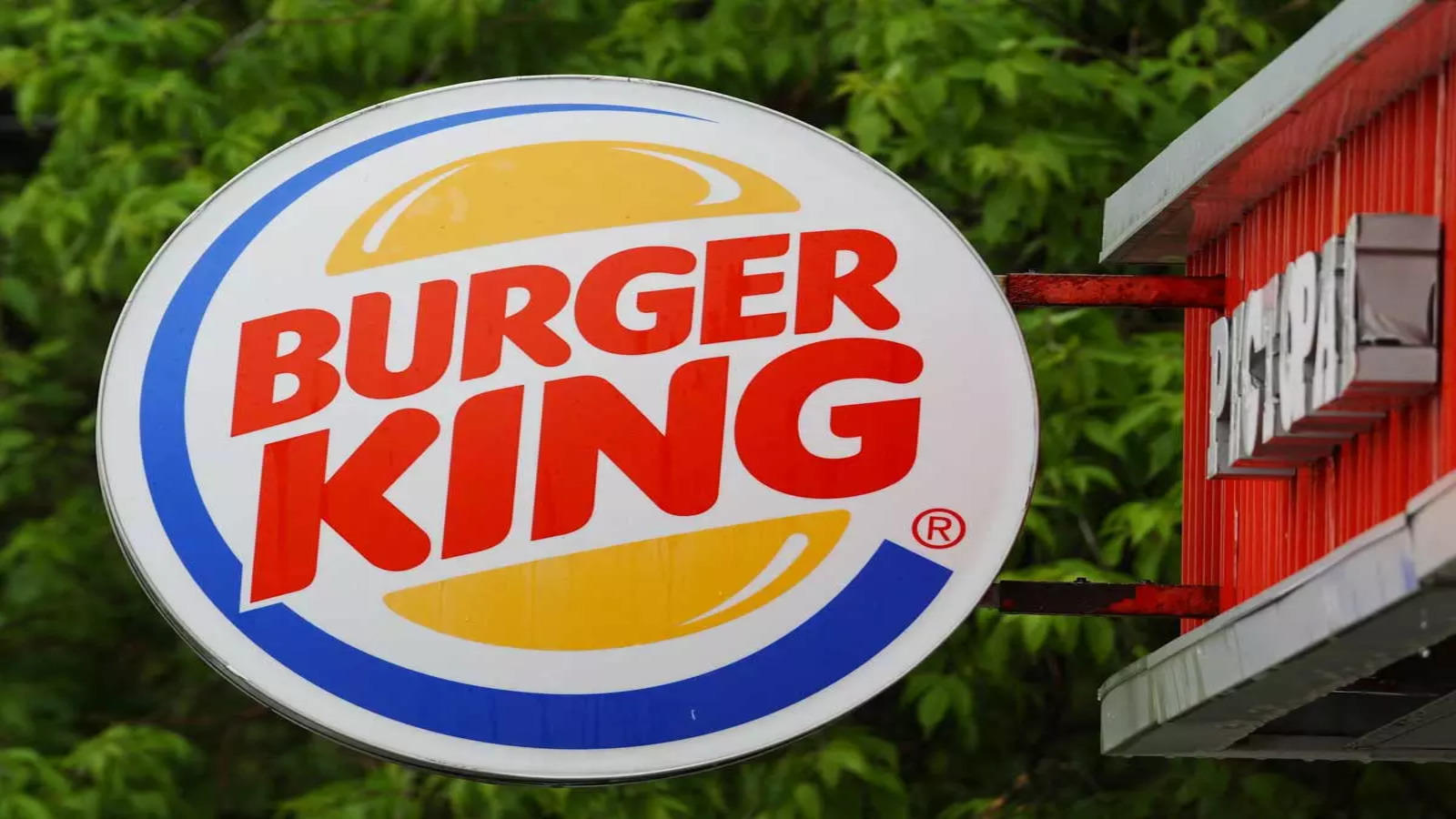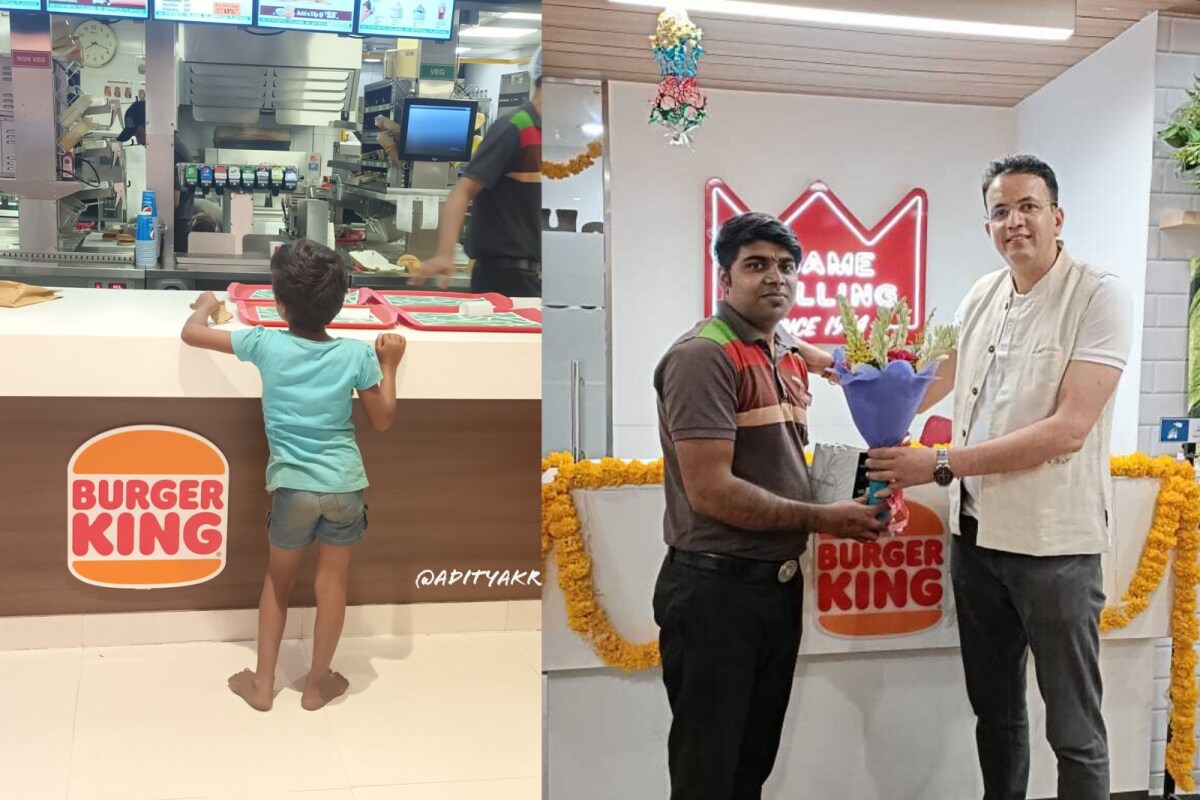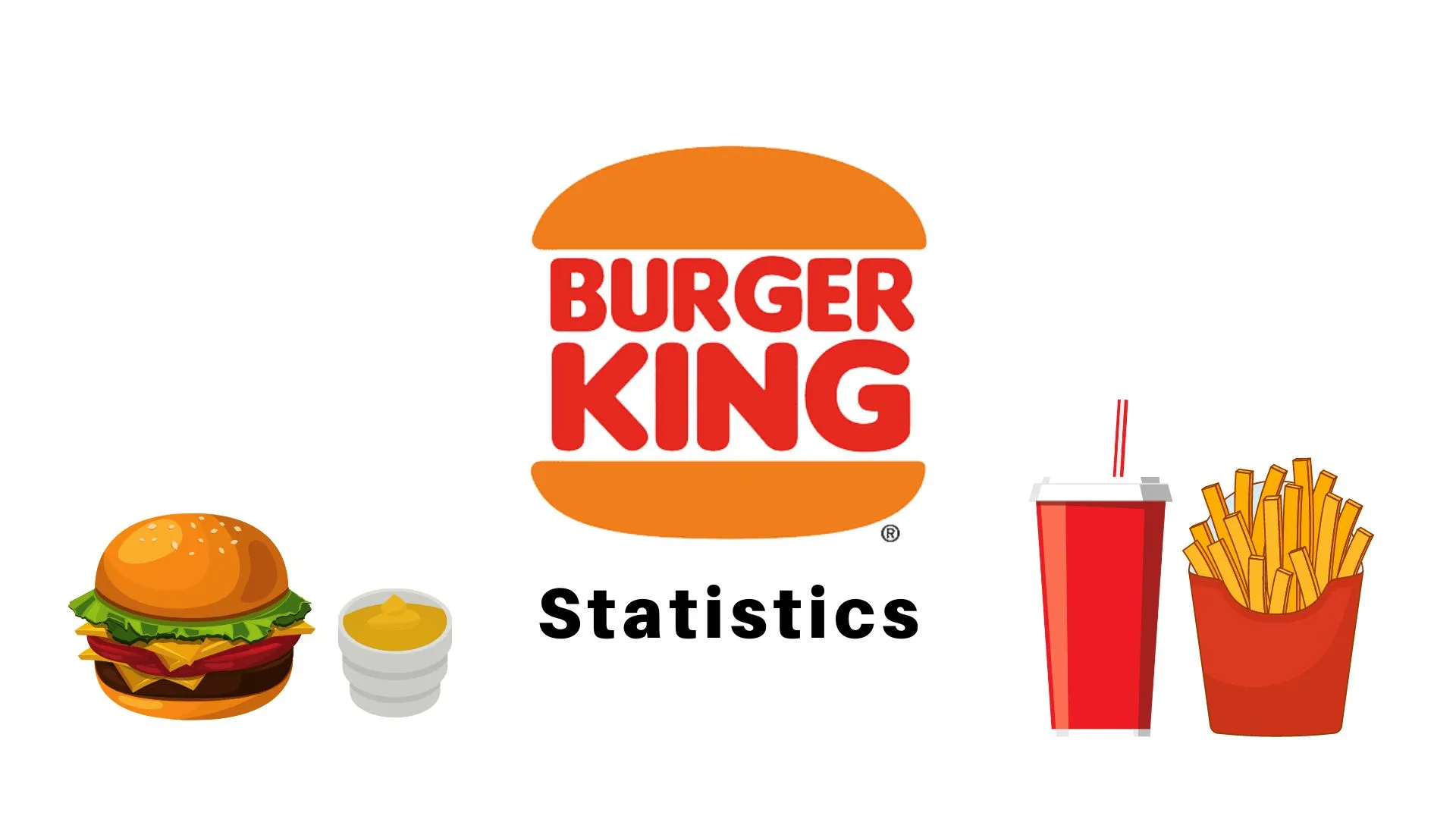Burger King, a titan in the fast-food industry, renowned for its flame-grilled burgers and iconic paper crowns, operates under a series of unique and, at times, bizarre internal regulations. These rules, spanning everything from employee greetings to strict appearance protocols, paint a vivid picture of what it’s like to work behind the counter at one of America’s favorite burger spots.

The Surprising Truth About Working at Burger King
Mandatory Cheer: “You Rule!” Greetings and Paper Crowns
In a push to enhance customer experience, Burger King rebranded in 2022, mandating that employees greet every customer with an enthusiastic “You rule!” along with offering them a whimsical paper crown. According to Tom Curtis, President of Burger King North America, this policy aims to “relentlessly pursue a better experience for our guests.” However, real-world feedback suggests mixed results. A customer recounted on Reddit how the greeting, delivered with a flat expression, was more humorous than uplifting.
The High Turnover and Rigid Policies
The fast-food industry is notorious for its high turnover rates, and Burger King is no exception. A shocking revelation from Restaurant Dive in 2023 noted that only 54% of fast-food workers remained on the job past 90 days. The primary concerns leading to such high turnover include wages, management quality, and inflexible scheduling. In addition to these challenges, Burger King employees face a slew of stringent policies that govern their daily activities, from customer interactions to shift management.
Burger King employee throws food on costumer’s face and gets dragged out through the window. 🫣🧐 pic.twitter.com/XxQIa7kgvo
— T_CAS videos (@tecas2000) April 25, 2024
The Oddities of Burger King’s Employment Rules
No-Poach Policies and Restricted Employment
Burger King employees who wish to leave their current location for better prospects at another must navigate a complex policy landscape. Up until 2018, Burger King enforced a “no-poach, no-hire” clause across its franchises, prohibiting employees from moving between locations without a six-month cooling-off period. This policy has since been relaxed following legal pressures, yet it underscores the restrictive nature of employment within the chain.

Permission Slips for Second Jobs
Given the modest wages, many Burger King employees find it necessary to take on second jobs. However, company policy mandates that any employee seeking additional employment, especially within the fast-food sector, must first obtain written permission from their store manager. This requirement can add a layer of bureaucracy to an already challenging financial situation for many workers.
Mandatory Overtime and Inflexible Schedules
The need for overtime is a common occurrence in the fast-paced fast-food industry, and at Burger King, accepting additional shifts isn’t optional. The company’s policy dictates mandatory participation in overtime to meet business needs, often with little advance notice, adding to the stress and burnout experienced by the workforce.
The Customization Paradox: “Have It Your Way”
Company’s slogan “Have It Your Way” highlights its commitment to customer satisfaction through customizable orders. While this may seem customer-centric, it places additional pressure on employees, especially during busy hours, to modify and manage custom orders efficiently.
Surveillance and Control: Monitoring of Employee Activities
Burger King takes a rigorous approach to monitoring its employees, from requiring access to personal lockers to enforcing rules about email and instant messaging. The policy extends to personal belongings and even vehicle searches under certain circumstances, reflecting a highly controlled work environment.

The Bigger Picture: Employee Satisfaction and Corporate Culture
Burger King’s unique set of employee rules raises important questions about the balance between corporate control and employee satisfaction. While these rules are designed to maintain brand consistency and operational efficiency, they also highlight the challenges workers face in the fast-food industry, from low wages and rigid schedules to invasive company policies.
These insights into the daily workings of Company reveal not only the challenges of fast-food employment but also the resilience and adaptability of those who wear the uniform. As the industry evolves, perhaps so too will the policies that govern these hardworking individuals, hopefully, towards a more supportive and rewarding work environment.


